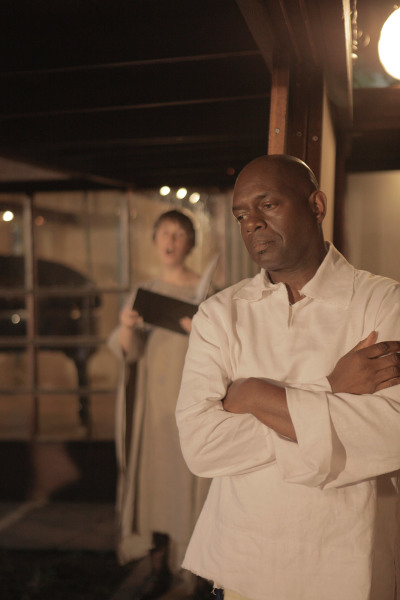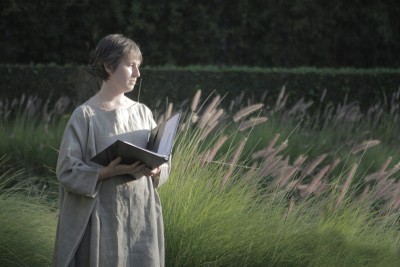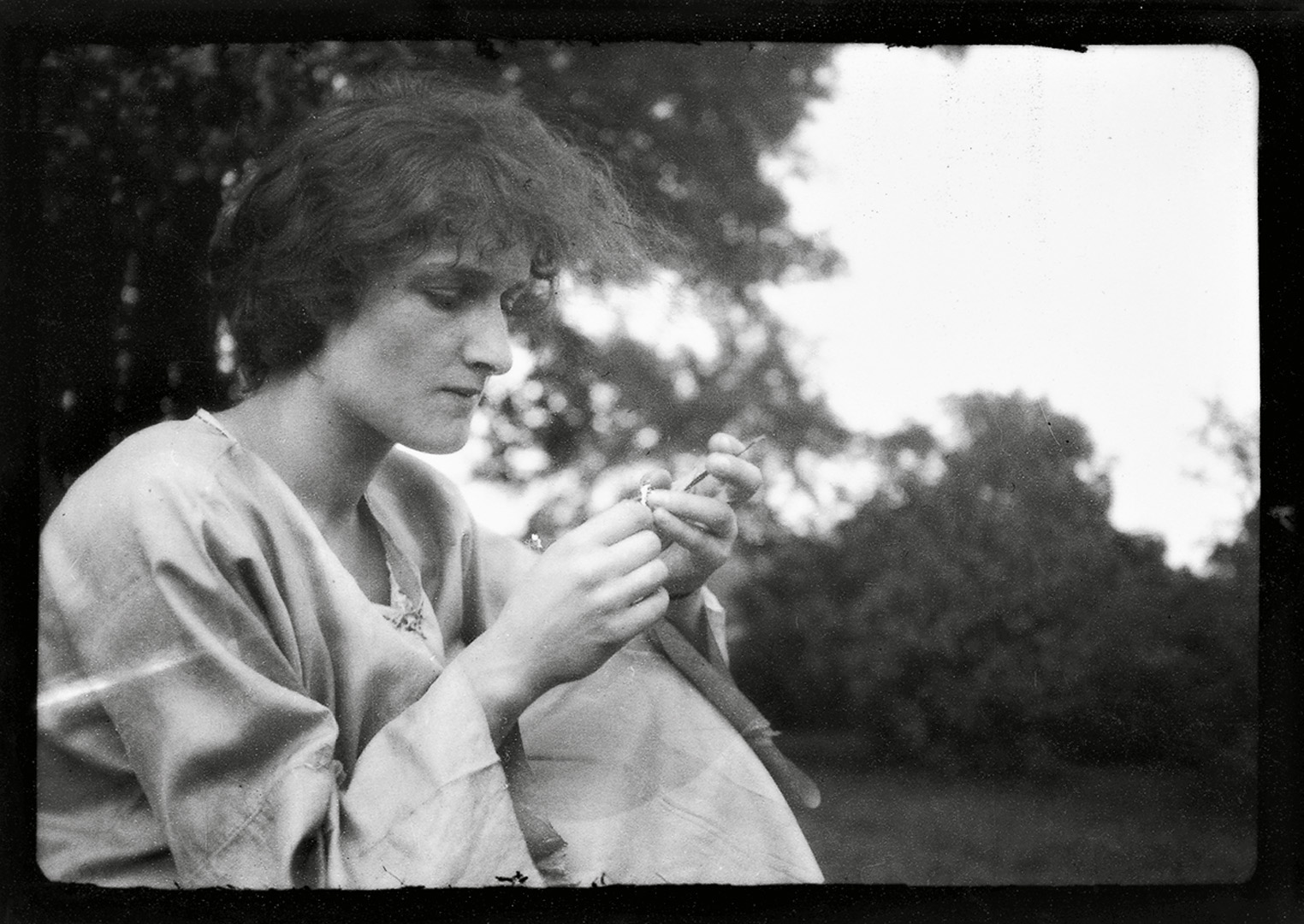Pauline: An Opera
October 2013, Los Angeles
October 2013, Los Angeles

In an early letter, Pauline Schindler wrote, “One of my dreams,
Mother, is to have, someday, a little joy of a bungalow, on the edge of
the woods and mountains near a crowded city, which shall be open just as
some people’s hearts are open, to friends of all classes and types…”.
Pauline realized that dream with her marriage to architect Rudolph
Schindler. Together they built the 1922 home that would come to be known
as the Schindler House, a modernist landmark. Pauline’s radical social
ideas informed its design as a live/work space for two couples, and Los
Angeles’ artistic and political avant-garde flocked to her salons for
decades. The MAK Center for Art and Architecture was conceived in this
spirit.
With Pauline, architects Frank Escher and Ravi GuneWardena probed the personal and professional experiences that are as much a part of the history of the Schindler House as its design and construction. Throughout the making and breaking of friendships, relationships with clients, and the dissolution of the Schindlers’ marriage, performance and music remained a constant. Pauline’s letters mention many musicians she knew: Igor Stravinsky, Arnold Schoenberg, William Grant Still, Henry Cowell, John Cage, and others. In their chamber opera, Escher and GuneWardena drew on passages by a number of these composers–either as inspiration or direct quotation–and wove them together with texts from the Schindler Archive. Collaborators for Pauline were musicians Aniela Perry (cello, music director), Traci Esslinger (piano) and Sarah Wass (flute) of the trio Sometet. Mezzosoprano Argenta Walther played the role of Pauline Schindler and tenor Charles Lane played Rudolph Schindler and John Cage.
A single performance of the opera was staged in the house and gardens on Sunday, October 13, prior to the A Little Joy of a Bungalow exhibition. The audience experienced the space and sound of the Schindler House as the musicians moved through and activated various parts of the historic building.
With Pauline, architects Frank Escher and Ravi GuneWardena probed the personal and professional experiences that are as much a part of the history of the Schindler House as its design and construction. Throughout the making and breaking of friendships, relationships with clients, and the dissolution of the Schindlers’ marriage, performance and music remained a constant. Pauline’s letters mention many musicians she knew: Igor Stravinsky, Arnold Schoenberg, William Grant Still, Henry Cowell, John Cage, and others. In their chamber opera, Escher and GuneWardena drew on passages by a number of these composers–either as inspiration or direct quotation–and wove them together with texts from the Schindler Archive. Collaborators for Pauline were musicians Aniela Perry (cello, music director), Traci Esslinger (piano) and Sarah Wass (flute) of the trio Sometet. Mezzosoprano Argenta Walther played the role of Pauline Schindler and tenor Charles Lane played Rudolph Schindler and John Cage.
A single performance of the opera was staged in the house and gardens on Sunday, October 13, prior to the A Little Joy of a Bungalow exhibition. The audience experienced the space and sound of the Schindler House as the musicians moved through and activated various parts of the historic building.


